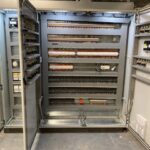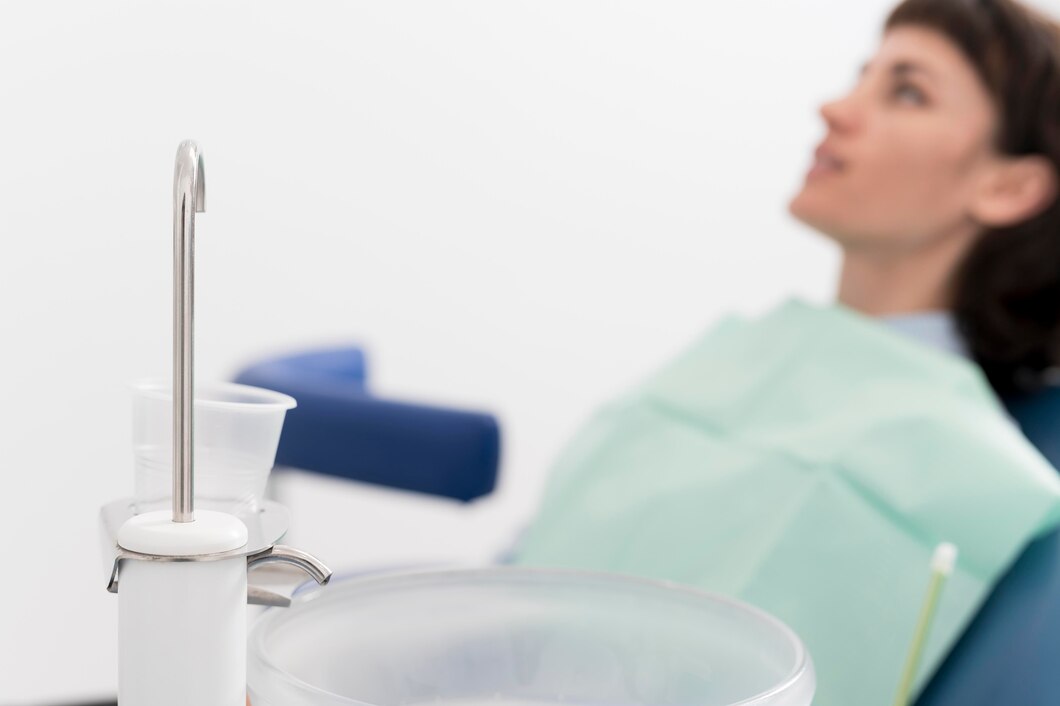Wisdom teeth removal is a common dental procedure that many people undergo in their late teens or early adulthood. However, one of the biggest concerns for patients is the cost of the procedure. Understanding the wisdom teeth removal cost and how to budget for it can help you plan ahead and avoid financial surprises.
How Much Does Wisdom Teeth Removal Cost?
The cost of wisdom teeth removal varies based on several factors, including the complexity of the extraction, the number of teeth being removed, and the type of anaesthesia required. In Australia, a simple extraction can cost between $200 and $400 per tooth, while a surgical extraction for impacted wisdom teeth can range from $400 to $600 per tooth. If sedation or general anaesthesia is needed, you may need to budget an additional $500 to $1,500.
In some cases, additional diagnostic tests such as X-rays may be required before the procedure, adding to the overall cost. It’s also essential to consider follow-up visits and potential medication expenses when planning your budget.
Factors That Influence Wisdom Teeth Removal Costs
Several factors can affect the total cost of wisdom teeth removal:
- Complexity of the Procedure: A simple extraction is less expensive than a surgical removal, which requires cutting through gum tissue or bone.
- Number of Teeth Being Removed: Removing all four wisdom teeth will cost more than extracting just one or two.
- Anaesthesia Type: Local anaesthesia is the cheapest option, while IV sedation or general anaesthesia adds to the overall cost.
- Clinic Location: Prices may vary based on whether the clinic is in a metropolitan area or a rural location.
- Health Insurance Coverage: Some private health insurance policies cover a portion of the cost, reducing your out-of-pocket expenses.
- Dentist’s Experience and Reputation: Highly experienced professionals may charge higher fees due to their expertise and the quality of care they provide.
How to Budget for Wisdom Teeth Removal
Planning ahead can help you manage the cost of wisdom teeth removal. Here are a few ways to budget effectively:
- Check Your Insurance Coverage: If you have private health insurance, find out what portion of the procedure is covered.
- Look for Payment Plans: Many dental clinics offer flexible payment plans to help you spread the cost over time.
- Compare Prices: Getting quotes from multiple clinics can help you find the best option within your budget.
- Consider Public Dental Services: If you meet eligibility requirements, public dental clinics may offer wisdom teeth removal at a reduced cost or even for free.
- Set Aside Savings: If you anticipate needing the procedure, start saving early to cover the costs.
Why Wisdom Teeth Removal is Important
Delaying wisdom teeth removal can lead to various dental issues, including overcrowding, infections, and damage to surrounding teeth. Impacted wisdom teeth can cause pain, swelling, and difficulty chewing, making everyday tasks uncomfortable.
Additionally, infected or impacted wisdom teeth may contribute to cyst formation, which can harm nearby teeth and jawbone structure. If your dentist recommends extraction, addressing it sooner rather than later can help prevent complications and reduce future dental costs.
Recovery and Post-Procedure Costs
After wisdom teeth removal, patients need time to recover. The recovery period typically lasts a few days to a week, depending on the complexity of the procedure. Some factors that may add to post-procedure costs include:
- Pain Relievers and Antibiotics: Prescription or over-the-counter medication may be required for pain management and to prevent infections.
- Soft Diet Foods: Eating soft foods like soups, yogurt, and mashed potatoes may be necessary for a few days.
- Follow-Up Appointments: If complications arise, additional visits to the dentist may be required, leading to extra expenses.
Wisdom teeth removal is a necessary procedure for many individuals, but the cost can vary widely. Understanding the factors that influence pricing and planning your budget accordingly can make the process more manageable. Investing in the procedure sooner can help avoid long-term complications and additional dental costs.







